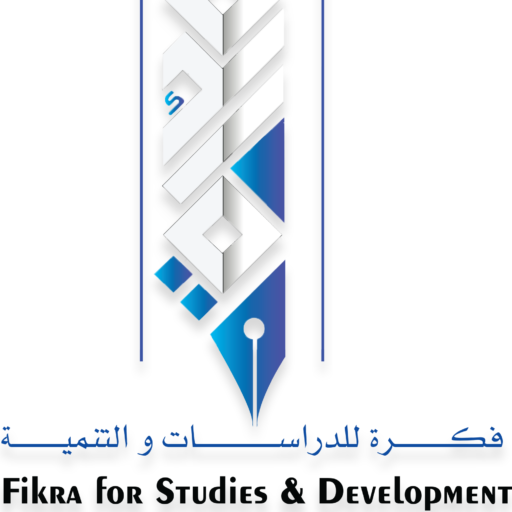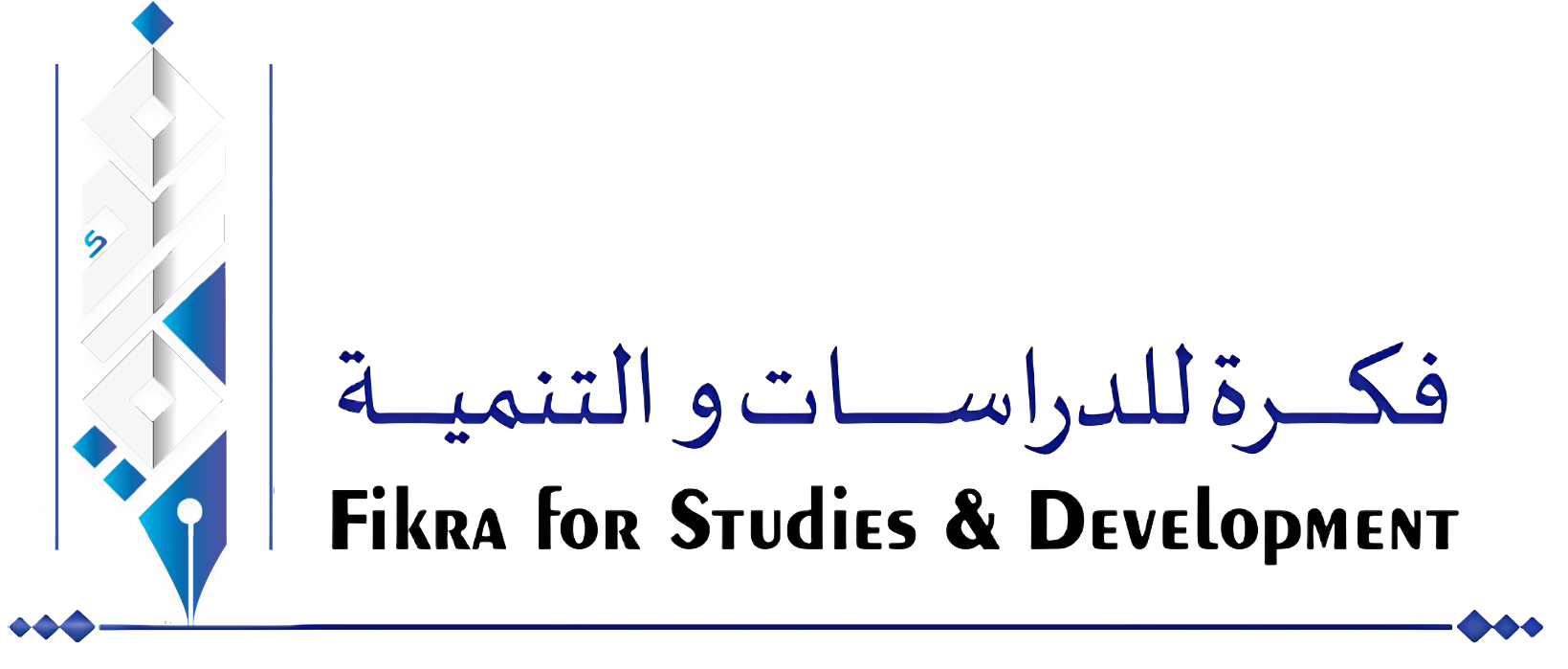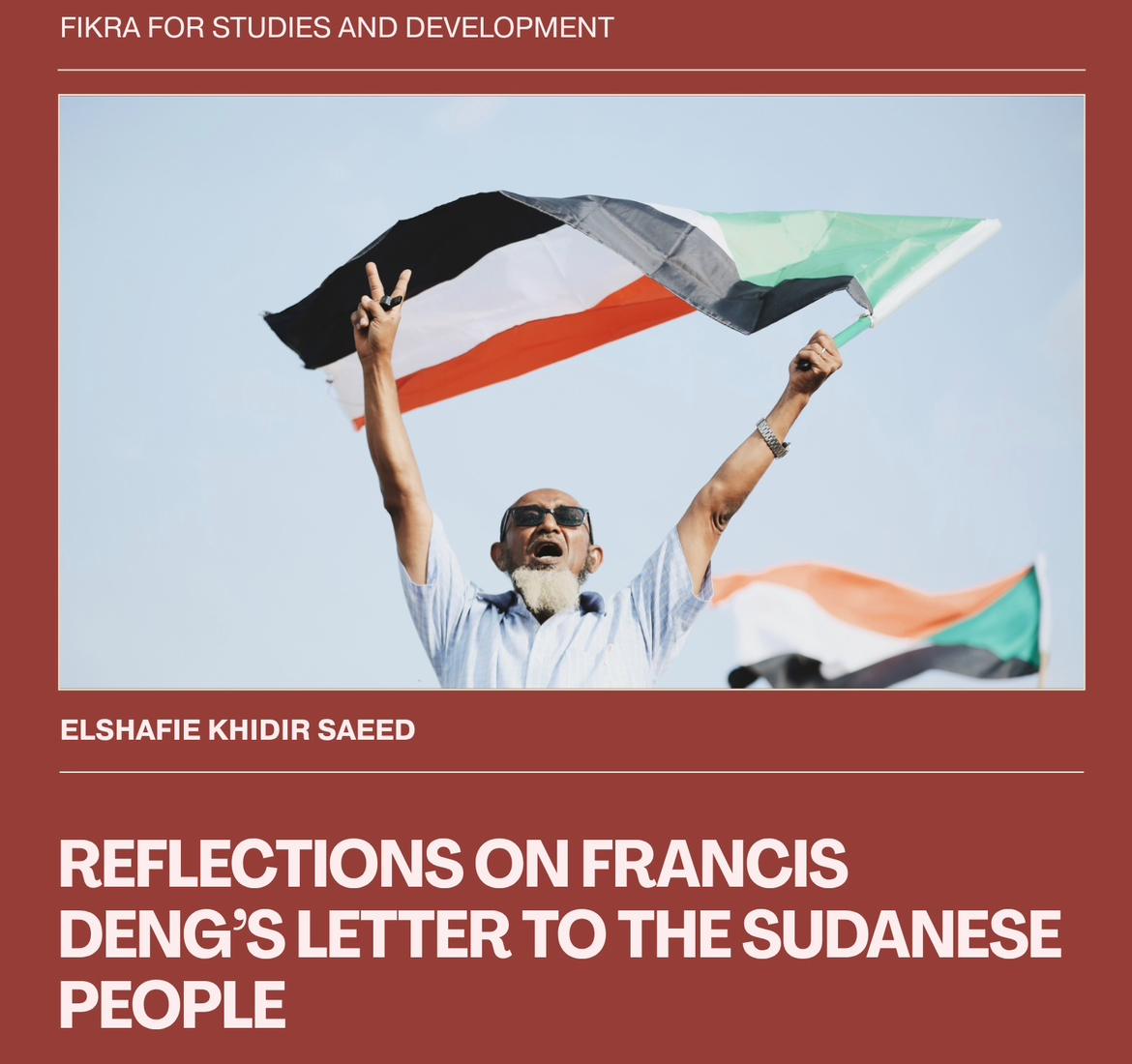Reflections on Francis Deng’s Letter to the Sudanese People
Dr. Elshafie Khider Saeed
30 June 2025
“With profound sorrow, I implore you all, without accusing anyone of indifference, to open your eyes, hearts, and minds to the catastrophic war tearing Sudan apart and to seek strategies to end it swiftly.” These poignant, noble, and sincere words mark the opening of a heartfelt appeal by Sudanese diplomat and politician Dr. Francis Deng, addressed to the Sudanese people in recent days through digital platforms. Dr. Francis Deng is widely regarded as one of the foremost thinkers who have tirelessly sought peaceful solutions to Sudan’s crises. With an extensive legacy in advocating for human rights, African continental issues, and the rights of marginalized communities—particularly in Darfur, Abyei, and South Sudan—he has consistently championed peaceful coexistence and fraternity between the states of Sudan and South Sudan.
In his letter, Dr. Deng expresses his astonishment at the scale of suffering and brutality, writing: “I have always been struck by the stark contradiction between the Sudanese qualities universally recognized for their generosity, hospitality, and high moral standards on the one hand, and the cruelty and inhumanity they inflict upon one another in their internal wars on the other.” This glaring and shameful contradiction does not solely shock and pain Dr. Francis Deng; it has gripped the hearts of all those with living consciences and sound spirits, particularly the ordinary Sudanese people who, in their search for an explanation, continue to ask: What has befallen us? What has this war revealed about us? Where have these forces come from?
Dr. Deng offers his own interpretation of this contradiction, stating in his appeal: “As I reflected on the contrast between the human virtues for which Sudanese are globally known and the inhumane atrocities they commit against their fellow Sudanese in internal wars, the only explanation I could arrive at is that these wars are manifestations of acute crises in national identity, rooted in differences of ethnicity, religion, and culture. In these wars, the ‘other’ is reclassified as ‘less than human,’ making it permissible to kill them in the most brutal ways without remorse. In the current war, the identity-based factors causing division are both starkly evident and paradoxically ambiguous. Arabs and Muslims distinguish themselves mercilessly based on flawed notions of ethnicity and religion. The struggle for power and resources among generals and their supporters, alongside the civilian confrontation with the military establishment demanding democracy under civilian rule, have become central factors in the conflict. Yet, identity remains the foundation for accessing power and resources. Moreover, the demand for civilian governance faces the deeply divisive issue of the relationship between religion and the state.”
Thus, identity intertwines intricately with these other factors in the conflict. Historically, the dominant Arab-Islamic groups in the country have been tied to external interests. Now, foreign powers—both regional and global—are driven by the pursuit of Sudan’s natural resources. The challenge of ending the war, rebuilding the nation from its devastation, and forging a unified nation that lives in peace with itself and embraces its rich diversity lies, first and foremost, with the Sudanese people themselves, albeit with support from well-intentioned external partners.
This interpretation aligns with the arguments Dr. Deng presents in his seminal work, Conflict of Visions: Identity Struggles in Sudan, where he writes: “The ethnic and religious issues, long suppressed, have surfaced to express themselves through violence that threatens to fragment and disintegrate this state, perhaps leading to its total collapse. This is the looming danger in the conflict of visions that has raged for decades in Sudan. Ironically, much of this misery tied to Sudan’s civil war stems from the grand dream of making Sudan a microcosm of the African continent and a bridge between Africa and the Middle East.”
From my perspective, it is true that the presence of diverse affiliations and visions in Sudan creates fertile ground for conflicts and disputes—whether ethnic, religious, or otherwise. The failure to manage this diversity, coupled with resultant ethnic conflicts, entrenchment behind identities, and the weakening of state institutions, political parties, and civil society organizations, pushes citizens to retreat into the fold of tribes and clans to express their political demands and seek security. However, we must exercise utmost caution to avoid reducing the essence of Sudan’s crisis solely to conflicts between these identities and visions. As Sudanese philosopher and writer Dr. Hisham Omar Al-Nur pointed out in his article “Thinking Critically About Identity Conflicts: Francis Deng as a Case Study,” published in Al-Hiwar Al-Mutamaddin on 21 April 2003, these identities are not explanatory factors but rather require explanation themselves. Dr. Hisham writes: “The current conflict in Sudan is not explained by identity conflicts; rather, the manifestation of the conflict as one between identities is what needs explanation and cannot serve as an explanatory factor. The mere existence of diverse identities is not sufficient grounds for conflict between them. This means we must understand the conditions that lead a group of people to perceive identity as a rigid, closed core, driving them to follow those who exploit this illusion for their own gain. Identity conflicts are not metaphysical struggles between closed identities outside of history, with inherent natures and characteristics, but rather historical conflicts—social and political struggles over power and wealth, shaped by specific circumstances and managed through identity-based strategies.”
In concluding his letter, we join Dr. Francis Deng in proclaiming that the solution rests primarily with the Sudanese people themselves. The warring parties and their external allies, complicit in this crime, must swiftly end this massacre. All Sudanese parties must come together to negotiate a framework for constructively managing diversity, ensuring inclusion, equality, and dignity for all citizens without discrimination of any kind.


